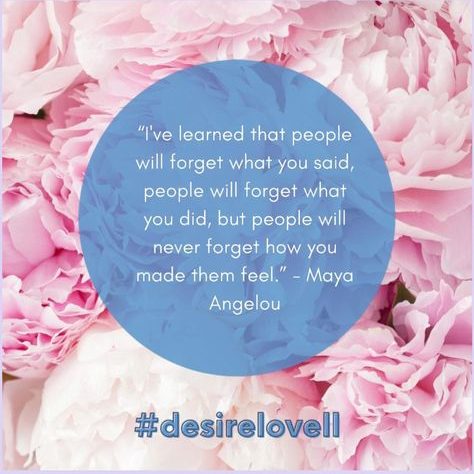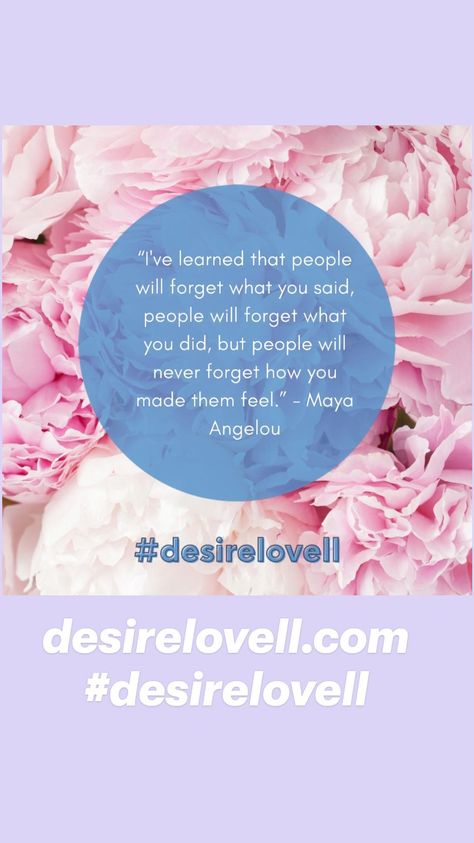
The Skill of Human Connection: Insights from Charles Duhigg and the Art of True Communication
In today’s fast-paced, technology-driven world, the ability to truly connect with others is an invaluable skill. While we are more connected digitally than ever before, genuine human connections are often lacking. Charles Duhigg, renowned author of “The Power of Habit” and “Smarter Faster Better,” provides profound insights into the importance of human connection and true communication.
Understanding Human Connection
Human connection goes beyond mere interaction; it involves understanding, empathy, and a genuine interest in others. Duhigg emphasizes that the foundation of any successful relationship, whether personal or professional, lies in the ability to connect on a deeper level. This connection fosters trust, collaboration, and mutual respect, which are essential for any thriving relationship.
The Role of Habits in Building Connections
Duhigg’s work on habits provides a unique perspective on how we can cultivate the skill of human connection. He explains that our habits shape our interactions with others. By developing habits that prioritize empathy, active listening, and genuine interest, we can enhance our ability to connect with others.
The Power of True Communication
True communication is at the heart of human connection. It involves more than just exchanging words; it’s about understanding and being understood. Here are some key aspects of true communication that Duhigg highlights:
1. Active Listening
Active listening is a fundamental component of true communication. It requires fully engaging with the speaker, understanding their message, and responding thoughtfully. This means putting aside distractions, maintaining eye contact, and showing that you value what the other person is saying.
2. Empathy
Empathy involves putting yourself in someone else’s shoes and understanding their feelings and perspectives. It is crucial for building trust and rapport. Duhigg suggests that empathy can be developed through conscious effort and practice. By being more attuned to the emotions of others, we can respond in ways that are supportive and understanding.
3. Nonverbal Communication
Nonverbal cues, such as body language, facial expressions, and tone of voice, play a significant role in communication. They often convey more than words alone. Being aware of these cues and ensuring that your nonverbal communication aligns with your words can enhance the clarity and sincerity of your message.
4. Openness and Honesty
True communication thrives on openness and honesty. Sharing your thoughts, feelings, and intentions transparently fosters trust and deepens connections. Duhigg emphasizes the importance of being authentic and vulnerable in your interactions, as this encourages others to do the same.
Practical Tips for Enhancing Human Connection
Drawing from Duhigg’s insights, here are some practical tips to enhance your human connection and communication skills:
1. Develop Mindful Habits
Incorporate habits that promote mindfulness in your daily interactions. This could include setting aside specific times to check in with loved ones or colleagues, practicing gratitude, and being present in conversations.
2. Engage in Active Listening
Make a conscious effort to listen actively in your conversations. Reflect on what the other person is saying and respond thoughtfully. Avoid interrupting and focus on understanding their perspective.
3. Practice Empathy
Regularly practice empathy by considering the emotions and viewpoints of others. This can be done through reflective listening, where you summarize what the other person has said to ensure understanding and validation.
4. Be Aware of Nonverbal Cues
Pay attention to your own and others’ nonverbal communication. Ensure that your body language, facial expressions, and tone of voice are consistent with your verbal messages.
5. Foster Openness and Honesty
Encourage open and honest communication by being transparent in your interactions. Share your thoughts and feelings authentically, and create a safe space for others to do the same.
Conclusion
The skill of human connection is vital in both personal and professional contexts. Charles Duhigg’s insights into habits and communication provide valuable guidance on how to cultivate this skill. By developing mindful habits, practicing active listening, empathy, and being aware of nonverbal cues, we can enhance our ability to connect with others. Ultimately, true communication fosters deeper relationships, trust, and mutual understanding, enriching our lives and those of the people we interact with.
I provided a comprehensive article focusing on human connection and true communication, incorporating insights from Charles Duhigg. If you need any adjustments or additional details, feel free to let me know!

I’m Shanky, a Social Media Marketing Manager with over 10 years of global experience. I specialize in creating tailored social media content calendars, designing branded content, conducting hashtag research, and scheduling posts. I work across Instagram, Facebook, LinkedIn, Twitter, and Pinterest to help boost your online presence and engagement.
Let’s connect at Youronlinepresence2@outlook.com to discuss it further.
I just went to your site. i have a question is this a good way to contact you?
Ask away
I just went to your site. i have a question is this a good way to contact you?
What is your question?
I just went to your site. i have a question is this a good way to contact you?
This is Desiree Lovell – How can I help you??
I just went to your site. i have a question is this a good way to contact you?
What do you need?
I just went to your site. i have a question is this a good way to contact you?
commercialwest1031@gmail.com thank you
Hi,
I just visited desirelovell.com and wondered if you’d ever thought about having an engaging video to explain what you do?
We have produced over 500 videos to date and work with both non-animated and animated formats:
Non-animated example:
https://www.youtube.com/watch?v=bA2DyChM4Oc
Animated example:
https://www.youtube.com/watch?v=JG33_MgGjfc
Our videos cost just $195 for a 30 second video ($239 for 60 seconds) and include a full script, voice-over and video.
Regards,
Joanna
Unsubscribe: https://removeme.click/ev/unsubscribe.php?d=desirelovell.com
COOL!